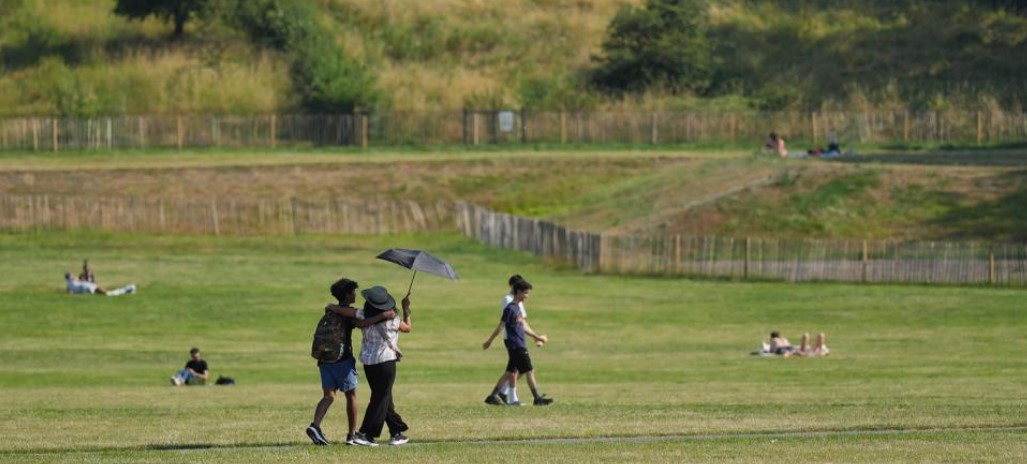There has been a widespread sentiment that this summer was a disappointment, characterized by unusually cool and even chilly conditions at times. However, was it truly as underwhelming as it seemed?
While it’s true that the summer saw several cool spells, it also experienced notable hot periods. On August 12, temperatures soared to 34.8°C in Cambridge, marking a significant high for the season.
This peak stands out as a remarkable event, given that British summers from the 1950s through the 1980s were more frequently cool.
For context, the legendary hot summer of 1976, often cited as one of the hottest in British history, only exceeded 34.8°C once.

On July 3 of that year, Cheltenham recorded 35.9°C, setting a record for the UK’s highest temperature at that time. In comparison, today’s climate expectations have shifted dramatically.
The UK’s recent climate history includes the unprecedented high of 40.3°C recorded on July 19, 2022, illustrating how extreme heat has become a new norm.
Although July this year may have been perceived as lackluster, it was, in fact, warmer than the average July temperatures from 1961 to 1990.
The shift in our perception of summer heat reflects a broader change influenced by the climate crisis. As extreme heat becomes more common, our expectations have adapted, making even a summer with notable warmth seem less impressive by comparison.
In essence, while this summer might have felt cooler than anticipated, it was warmer than many in the past, highlighting the evolving nature of our climate experience.

